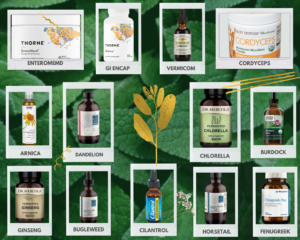BOTANICAL MEDICINES
PLEASE VIEW THIS PAGE ON A COMPUTER SCREEN
A deeper study and increased personal use will reveal the plant’s numerous desirable effects on the human body and psyche.
Click here for A Glossary of Terms
INTRODUCTION TO SPAGYRICS
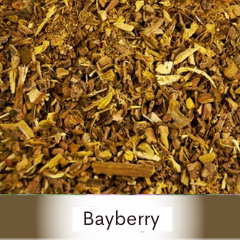
Bayberry (root & bark) is an astringent and decongestant botanical. Useful in diarrhea, colds/flu, coughs, throat infections and sinusitis.
Contains a particularly high content of vitamin C, selenium, proanthocyanidins and flavonols (quercetin, myricetin, and ellagic acid). Good source for folate and other vitamins.
The antioxidants in Bayberry have the ability to protect healthy cells in the heart from oxidative damage caused by free radicals, thereby reducing the risk of cardiovascular diseases.
Glossary of Terms

Snakebites; galactagogue; antispasmotic; prevents platelet aggregation in arteries and gets body fluids moving. Basil is useful in the stomach and related organs for conditions such as cramps, constipation, vomiting and excess gas (carminative). Glossary of Terms
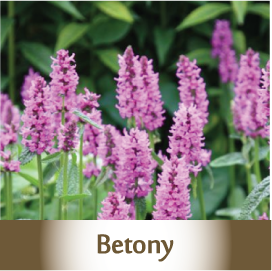
(Mercury plant) Wood Betony is a nervine, producing a sedative effect. Use for headache due to nervous tension and neuralgia; assists circulation to the brain. Also a tonic because of it’s action on the liver. A nervine-tonic action is to calm the nerves. Contains flavonoids and glycosides which reduce stress and anxiety by lowering blood pressure. It has been used in the treatment of shingles, urinary tract inflammation, cystitis and to increase women’s ability to produce milk when breastfeeding. Glossary of Terms
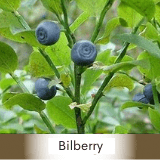
Antioxidant, antiinflammatory, antidiabetic, anticancer, antiulcer, antihyperlipidemia. Contains powerful anthocyanins which are responsible for its ability to improve vision, lower blood glucose and harmful blood lipids. Keeps blood vessels healthy because it tonifies, and assists thyroid whether hypo or hyper. Glossary of Terms
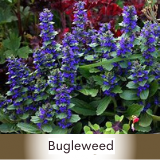
(Venus plant) Because bugleweed is known to normalize heart rate (helps palpitations) and reduce blood pressure, this herb helps prevent the onset of atherosclerosis, heart attacks, and strokes. Bugleweed is also anti-anxiety with soothing, sedative properties. Interacts with hormones to improve sleep quality (helps balance Circadian rhythms). Glossary of Terms
Packed with phytochemical compounds (tannins, lycopene, lithospermic acid, chlorogenic acid, caffeic acid, rosmarinic acid, ellagic acid), and a source of magnesium and natural resin; a lubricating substance from plants and trees.
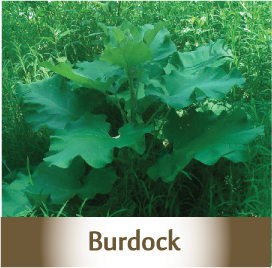
(Jupiter plant) An alterative, burdock restores health by altering (purifying) the blood. Its tonic properties nourish the cells and tissues, and its mucilagenous properties are slightly laxative. Contains vitamins, minerals, antioxidants and inulin (prebiotic). Treats conditions caused by an overload of toxins. Glossary of Terms
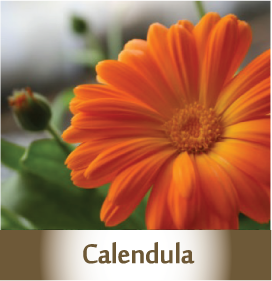
(Sun plant) Calendula is a good source of beta-carotene, antioxidants, aromatic resins and volatile oils. Excellent remedy for inflammation, whether on the skin or digestive tract, and as a vulnerary for use in wound cleansing/healing. As a lymphatic, calendula decongests lymph nodes, enabling proper drainage of toxins and other metabolic wastes. Glossary of Terms
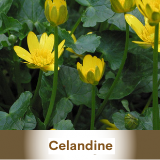
Anodyne, antispasmodic, diaphoretic, diuretic, purgative. Celandine stimulates the gallbladder and supports the liver. Contains chelidonic acid which can help relieve symptoms of ulcerative colitis, irritable bowel syndrome and high blood pressure. Glossary of Terms
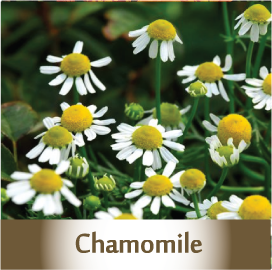
(Sun plant) Chamomile is a strong nervine but has an extensive variety of uses from tension to digestive disorders to inflammation modulation. Contains volatile oils and flavonoids, and like calendula is highly effective in many internal and external applications. Chamomile is included as a drug in the pharmacopoeia of 26 countries. Glossary of Terms
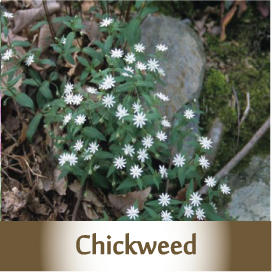
(Moon plant) Chickweed contains saponins which accelerate the body’s ability to absorb other active compounds, and breakdown wastes and other metabolic substances. As a demulcent, chickweed is soothing to hot, dry conditions, for example, fevers and rashes,. As an expectorant, it relieves congestion, for example, in the respiratory tract.
Contains flavonoids, coumarins, and triterpenoids.
Glossary of Terms
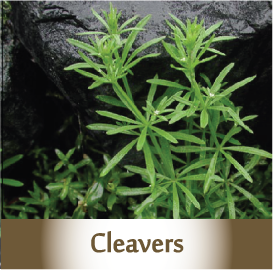
Improves the health of the lymphatic system in helping the body to eliminate toxins. Because cleavers herb is slightly diuretic it assists the kidneys, bladder and liver in their jobs in eliminating waste.
Alterative, adaptogenic, anticancer, depurative, antiinflammatory, antioxidant. Glossary of Terms
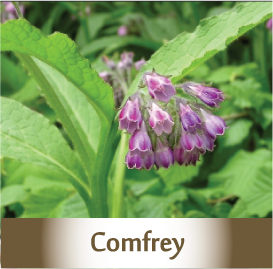
(Saturn plant) Traditional use is in mending broken bones and all inward wounds and ruptures; literally knits back together bones, cartilage, ligaments, etc. Contains allantoin, inulin, tannins, saponins, beneficial proteins, antioxidants and a high amount of vitamin C. Comfrey has analgesic and inflammatory modulating actions for pain. It is demulcent, astringent and mucilaginous making it a choice remedy for congested lungs. A controversial herb when used internally (due to pyrrolizidine alkaloid, or PA). (Please educate yourself on the exaggerated negative press regarding comfrey’s internal use.) Glossary of Terms
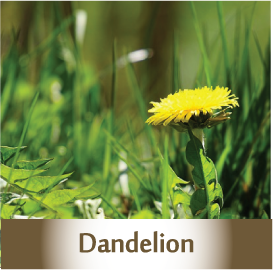
(Jupiter plant) Choleretic, cholagogue, diuretic, tonic, antirheumatic, bitter, alterative, inflammation modulator. Nuff said! Purifies the blood, works in liver and kidneys, and strengthens the immune system. Rich in vitamins A, B, C and D, fatty acids and anti-oxidants. Aids in digestion by increasing the release of stomach acid and bile. Glossary of Terms
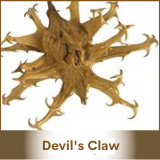
Contains a compound known as harpagoside giving Devil’s Claw anti-inflammatory and analgesic properties. Used to treat rheumatic conditions of the joints, ligaments, tendons, bones, and muscles. Glossary of Terms
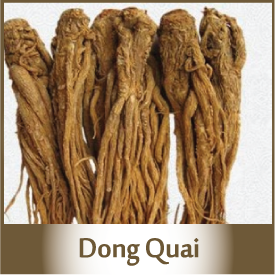
(Sun plant) Tonic and nourishing, dong quai helps to replenish red blood cells and increase blood volume (contains cobalt). Dong quai contains compounds that have demonstrated activities such as reduction of pain (analgesic), dilation of blood vessels, and stimulation as well as relaxation of uterine muscles (adaptogenic).
Phytoestrogenic (contains plant compounds that are similar to estrogen at a molecular level) and antihypertensive.
Glossary of Terms
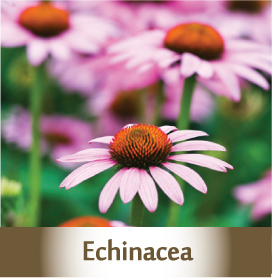
(Mars plant) Echinacea is a natural antibiotic, working famously on strengthening the immune system but is also used in digestive disorders and inflammation. Topically it can help heal eczema, psoriasis, and slow-healing wounds, e.g., hemorrhoids. The conditions for which Echinacea is a strong helping hand are respiratory problems, sore throat, enlarged prostate and lymph glands, urinary tract infections, vaginal yeast (candida) infections, ear infections (otitits), sinusitis, hay fever (allergic rhinitis). Glossary of Terms
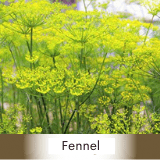
Contains about 8% volatile oil which is well known for relieving gas, bloating and stomach pain, and stimulates the appetite. Anstispasmotic, diuretic, antiinflammatory. Glossary of Terms
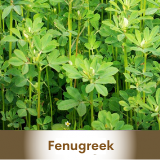
Benefits for men : Increases testosterone, improves muscle strength, lowers inflammation and cholesterol, and is very useful in digestive problems, especially heartburn. Fenugreek contains galactomannans which are known to balance sugar absorption in the small intestine, thereby decreasing spikes in blood sugar following a meal. Glossary of Terms

One of the most well known effects of ginkgo biloba has to do with blood circulation, and is thought to have a strong impact on maintaining normal blood flow and oxygen and glucose in the blood. The ability of ginkgo biloba to influence and increase blood flow extends to the brain as well, and many clinical studies have shown the memory enhancing effects of this popular herbal remedy. Ginkgo biloba is also a rich source of antioxidants and has a slightly sedative effect alleviating stress and anxiety. Many clinical studies continue into the emotional effects of this popular herb. Glossary of Terms
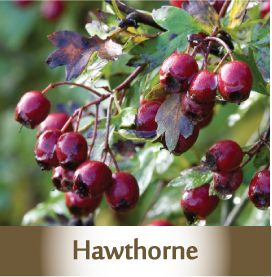
(Mars plant) Hawthorne, an antioxidant and diuretic, is one of the most powerful herbs used by people for ages to treat hypertension, reduce tachycardia, improve circulation and regulate blood pressure. Hawthorn berries are the most valuable part of the plant due to the main constituents of flavonoids, tannin and cyanogenic glycosides. Working in partnership, these ingredients relax and dilate blood vessels – especially coronary arteries – by blocking the action of the blood-constricting enzyme called angiotensin-converting enzyme (ACE), as well as producing a sedative effect on the heart. These actions result in the increase of energy to the heart and improved pumping ability. Also shown to prevent plaque formation in the arteries. Glossary of Terms
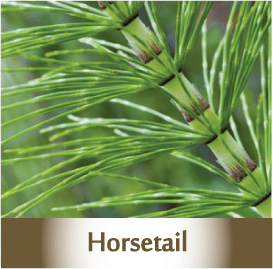
(Saturn plant) Because of its high silica content, horsetail’s historical use has been for conditions involving calcium dysmetabolism of the bones and connective tissue, and as a styptic to stop internal and external bleeding. Horsetail has even been shown to be most beneficial for people who have a history of uric acid kidney stones, according to the University of Maryland Medical Center.The diuretic and astringent properties of the plant make it effective in treating genito-urinary tract conditions, bed-wetting, cystitis, menopausal edema, kidney disorders, pelvic disease (with no inflammation), and prostate inflammation. Contains silicic acid which helps heal scar tissue (e.g., pulmonary tissue damaged by tuberculosis). Glossary of Terms
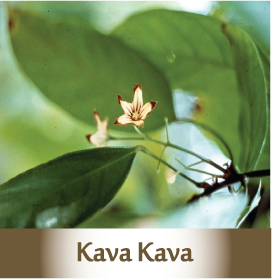
(Earth plant) The most significant role of the plant observed in the traditional medicine is due to its sedative and relaxing effect, reducing anxiety. Lessens muscle tension and offers a sense of peace, even mild euphoria, and creates a feeling of being more sociable and communicative. Glossary of Terms
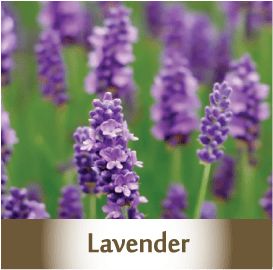
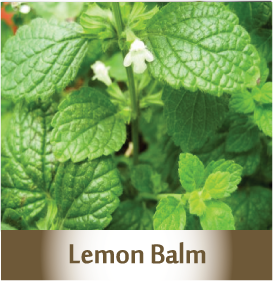
Lemon balm can be used for problems that have arisen from long-standing stress. The effect is enhanced greatly when combined with other calming herbs, such as chamomile. Helps insomnia, and as an antispasmodic, alleviates stomach gas and cramps. Glossary of Terms
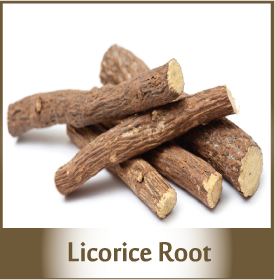
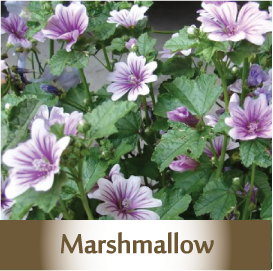
Marshmallow is demulcent and tonic (astringent), diuretic, lithotriptic and emollient. It is also a galactogogue, vulnerary, slightly laxative and nutritive. Useful in inflammation and irritation of the alimentary canal, urinary and respiratory organs, Crohn’s disease, Gastroesophageal reflux disease (GERD), gastritis and many other conditions. Glossary of Terms
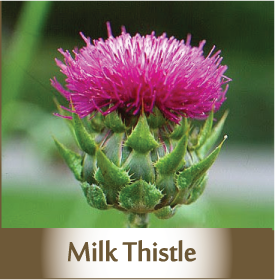
(Mars plant) Milk thistle has been used for over 2,000 years as a natural treatment for liver disorders such as cirrhosis, hepatitis, fatty liver, and drug/alcohol-induced liver damage. Additionally, experimental and clinical studies suggest that milk thistle extracts also have the following non-liver related benefits: benefits the heart by lowering cholesterol levels, reduces growth of cancer cell in breast, lung, colon and prostate. It improves blood sugar levels and helps to prevent Alzheimer’s disease (also known as type III diabetes). When chemotherapy and radiation treatments are absolutely necessary, milk thistle reduces cell damage caused by these treatments. It is a powerful antioxidant due to its silymarin content. It has also been known to be antidepressant via serotonin modulation.
Has long been used to reduce the effects of poisoning by deathcap mushroom (Amanita phalloides). Glossary of Terms
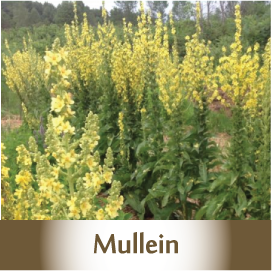
(Mercury/Saturn/Jupiter (leaves) plant) Mullein was used as a successful treatment for tuberculosis in Europe as far back as the 16th century, probably due to its strong antibacterial (verbascoside) and expectorant properties. It is also an inflammation modulator which can be used effectively in ear infections. According to researchers, it is the saponins in mullein that give it its expectorant properties that help reduce the amount of mucus produced by the body. Has sedative and antispasmodic properties, which help to ease joint/muscle pain by reducing inflammation and swelling.
Antiviral, antifungal, antitumor.
Glossary of Terms
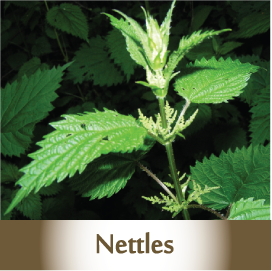
(Mars plant) In Germany today stinging nettles are sold as an herbal drug for prostate diseases, rheumatic complaints, inflammatory conditions and a diuretic. Nettles is astringent, styptic and hemostatic, making it useful in treating anemia, excessive menstruation, hemorrhoids and skin complaints, especially eczema. Due to its inflammation modulation effect, nettles enhances immune responses, and relieves skin irritation and muscle pain. Nettle roots good for prostate. Glossary of Terms
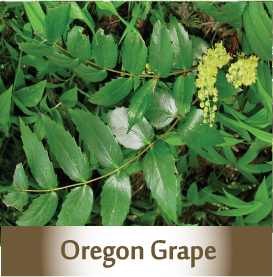
Contains alkaloids, tannins and berberine, which inhibit the ability of microbes (bacteria, fungus, viruses, etc.) to attach to human cells, thereby preventing infections, particularly in the throat, intestines, and urinary tract.
Enhances immune cell function because it is an inflammation modulator.
The bitter-tasting compounds as well as the alkaloids in Oregon grape root stimulate digestive function, conferring a sedative effect on the smooth muscles lining the digestive tract. Stimulates liver and improves the flow of bile (assists gallbladder), preventing numerous negative conditions of the body. Glossary of Terms
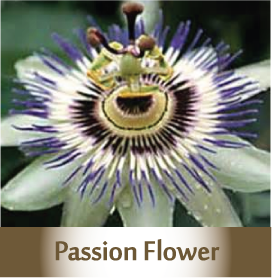
Useful for anxiety, insomnia, drug withdrawal symptoms, neuralgia and epilepsy. Passion Flower is a nervine, aphrodisiac, hypnotic, anti-spasmodic, anodyne, diuretic, and hypotensive. It has a depressant effect on CNS activity and is hypotensive. Passion flower is used for its sedative and soothing properties, to lower blood pressure, prevent tachycardia and improve insomnia. Glossary of Terms
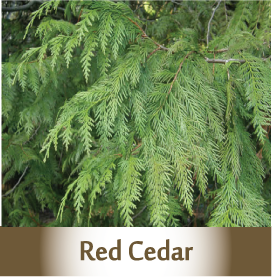
Red cedar has inflammation modulation, diaphoretic, expectorant, astringent, anti-microbial/fungal and diuretic properties. The berries serve as an ideal winter medicine being high in Vitamin C. Their use as a tonic will have an expectorant action, helping the lungs clear out excess mucus and promote a healthy cough. Cedar leaves and branches can also be used when the lungs are incredibly damp, breathing is hard, and illness is acute. Asthma, bronchitis, and pneumonia are prime cases. When taken in a hot tea, it opens up the pores and eliminates sickness very effectively when the body breaks into a sweat (diaphoretic). Glossary of Terms
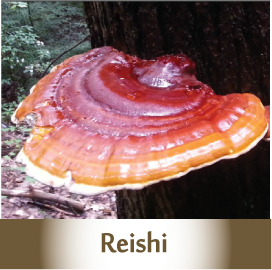
Reishi mushrooms are used to boost the immune system, fight viruses, treat asthma, heart disease, high blood pressure, cholesterol, kidney disease, cancer, alleviate insomnia and reduce perceived levels of stress. They are loaded with antioxidants and anticarginogens. According to some herbalists, red reishi mushrooms have anti-aging properties and help with high blood pressure, arthritis, and liver problems. Glossary of Terms
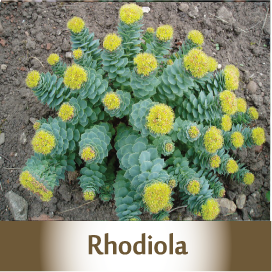
Rhodiola is a potent adaptogen. Extracts of rhodiola, enhance the transport of serotonin precursors, tryptophan and 5-hydroxytryptophan, into the brain. Serotonin is involved in many functions including, muscle contraction, body temperature, pain, appetite, behavior, blood pressure and respiration. Rhodiola rosea is used to treat altitude sickness, fatigue, depression, anxiety, tuberculosis and bladder cancer. Rhodiola is the adaptogen of choice in depression, seasonal affective disorder, fibromyalgia, and chronic fatigue syndrome. Studies using proofreading tests have demonstrated that Rhodiola rosea enhances memorisation and concentration ability over prolonged periods. It increases the bioelectrical activity of the brain which improves memory and brain energy. Glossary of Terms
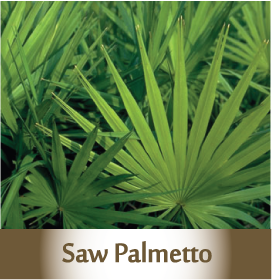
Saw palmetto is a remarkable herb for both men and women to treat a variety of ailments such as testicular inflammation, urinary tract inflammation, coughs and respiratory congestion. Historical and scientific documentation shows the effectiveness of the herb in treating irritable bladder and urinary problems in men with benign prostate hyperplasia (BPH), an enlargement of the prostate gland. Today, the typical men’s multivitamin contains Saw Palmetto as a key ingredient to support the sexual health of men. Has strong sedative and diuretic properties. Glossary of Terms
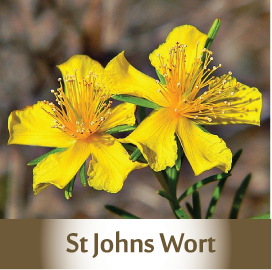
(Sun plant) Some of the most impressive actions of St. John’s Wort include its ability to treat depression and improve mood swings, relieve anxiety, reduce severity of pre-menstrual symptoms and regulate hormonal activity. It is a nervine, anti-carcinogenic and inflammation modulator. Certainly the most widely known benefit of St. John’s Wort is its ability to keep serotonin and a few other neurotransmitters in circulation, acting as an anti-depressant in the same way that drugs like Prozac and Zoloft do. Glossary of Terms
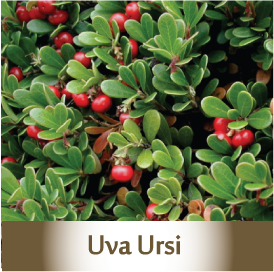
Traditionally, uva-ursi leaves were used by indigenous population of North America to treat various types of urinary tract diseases, like acute cystitis, urethritis, nephritis and so on. These are still the most common uses of uva-ursi in our times as well. Uva-ursi is an excellent astringent, diuretic, tonic, relaxant, inflammation modulator, antimicrobial and antiseptic. It contains a number of phytoelements like flavonoids, tannins, acids, volatile oils andvitamins. Glossary of Terms
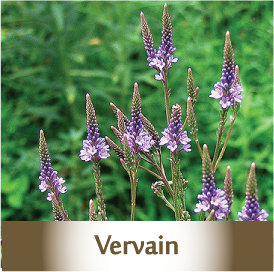
(Mercury plant) Some of the most important health benefits of blue vervain include its ability to stimulate the liver, soothe the nervous system, detoxify the body, reduce depression and stress, eliminate pain, lower inflammation, protect the immune system, and alleviate chest congestion (https://www.organicfacts.net/health-benefits/herbs-and-spices/blue-vervain.html). It is a diuretic, galactogogue, nervine, anti-parasitic, relaxant and anti-depressant. Glossary of Terms
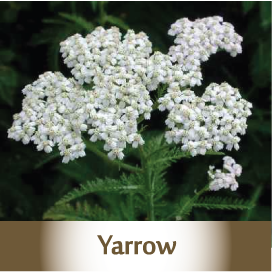
(Venus plant) A styptic and inflammation modulator, yarrow has been used for many centuries to encourage blood clotting. It is also a vulnerary, diaphoretic, carminative and anti-spasmodic. Useful for colds, flu, as an emmenagogue, and in detoxification programs. Glossary of Terms
INTRODUCTION TO SPAGYRICS
EXTRACTS & TINCTURES
-
Sale!
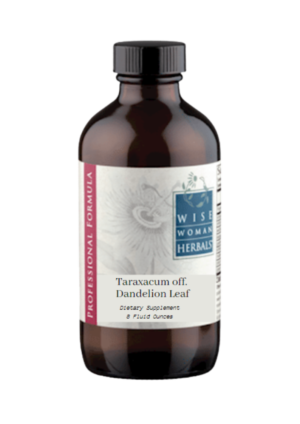 Quick ViewAdd to cart
Quick ViewAdd to cartDandelion Leaf 8 oz
Original price was: $101.88.$89.00Current price is: $89.00. -
Sale!
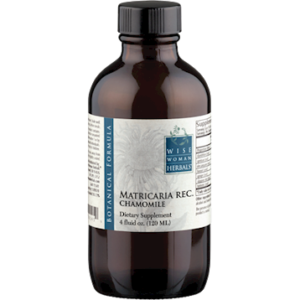 Quick ViewRead more
Quick ViewRead moreChamomile Extract 4 oz
Original price was: $53.20.$49.00Current price is: $49.00. -
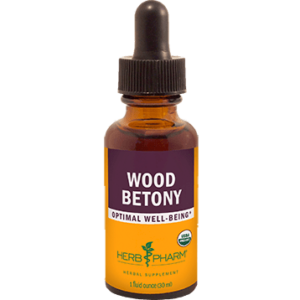 Quick ViewAdd to cart
Quick ViewAdd to cartWood Betony 1 oz
$14.98 -
 Quick ViewAdd to cart
Quick ViewAdd to cartHawthorne Solid Extract 4 oz
$47.80 -
 Quick ViewSelect options This product has multiple variants. The options may be chosen on the product page
Quick ViewSelect options This product has multiple variants. The options may be chosen on the product pageOregon Grape
$27.70 – $52.70 -
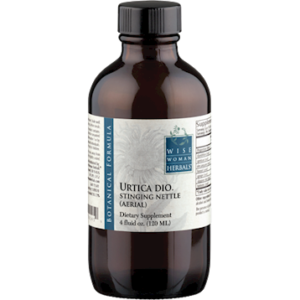 Quick ViewSelect options This product has multiple variants. The options may be chosen on the product page
Quick ViewSelect options This product has multiple variants. The options may be chosen on the product pageStinging Nettle
$28.00 – $53.20 -
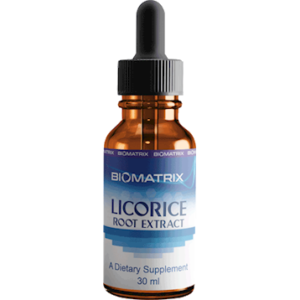 Quick ViewAdd to cart
Quick ViewAdd to cartLicorice Root Extract 2 oz
$28.48 -
 Quick ViewAdd to cart
Quick ViewAdd to cartMullein Blend 1 oz
$15.50 -
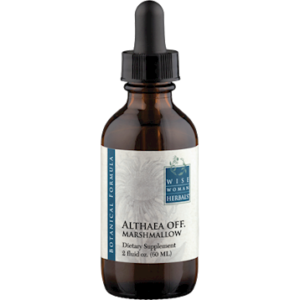 Quick ViewAdd to cart
Quick ViewAdd to cartMarshmallow Root 2 oz
$27.00 -
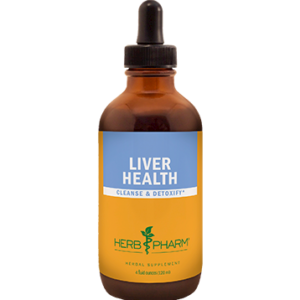 Quick ViewAdd to cart
Quick ViewAdd to cartLiver Health Extract 4oz
$49.98 -
Sale!
 Quick ViewAdd to cart
Quick ViewAdd to cartKava Kava Root Extra Strength 1oz/2oz
Original price was: $80.00.$60.00Current price is: $60.00. -
 Quick ViewSelect options This product has multiple variants. The options may be chosen on the product page
Quick ViewSelect options This product has multiple variants. The options may be chosen on the product pageHorsetail Extract 1oz/4oz
$16.98 – $49.98 -
 Quick ViewSelect options This product has multiple variants. The options may be chosen on the product page
Quick ViewSelect options This product has multiple variants. The options may be chosen on the product pageGinkgo Extract 1oz/4oz
$16.98 – $49.98 -
 Quick ViewAdd to cart
Quick ViewAdd to cartEchinacea Goldenseal Supreme
$15.99 -
 Quick ViewRead more
Quick ViewRead moreDandelion Root 2oz
$32.80 -
 Quick ViewAdd to cart
Quick ViewAdd to cart
-
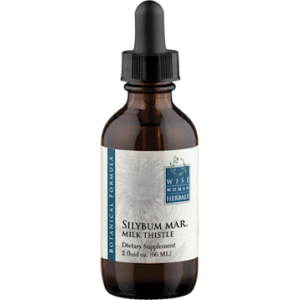 Quick ViewAdd to cart
Quick ViewAdd to cartSilybum/Milk Thistle 2 oz
$30.60


